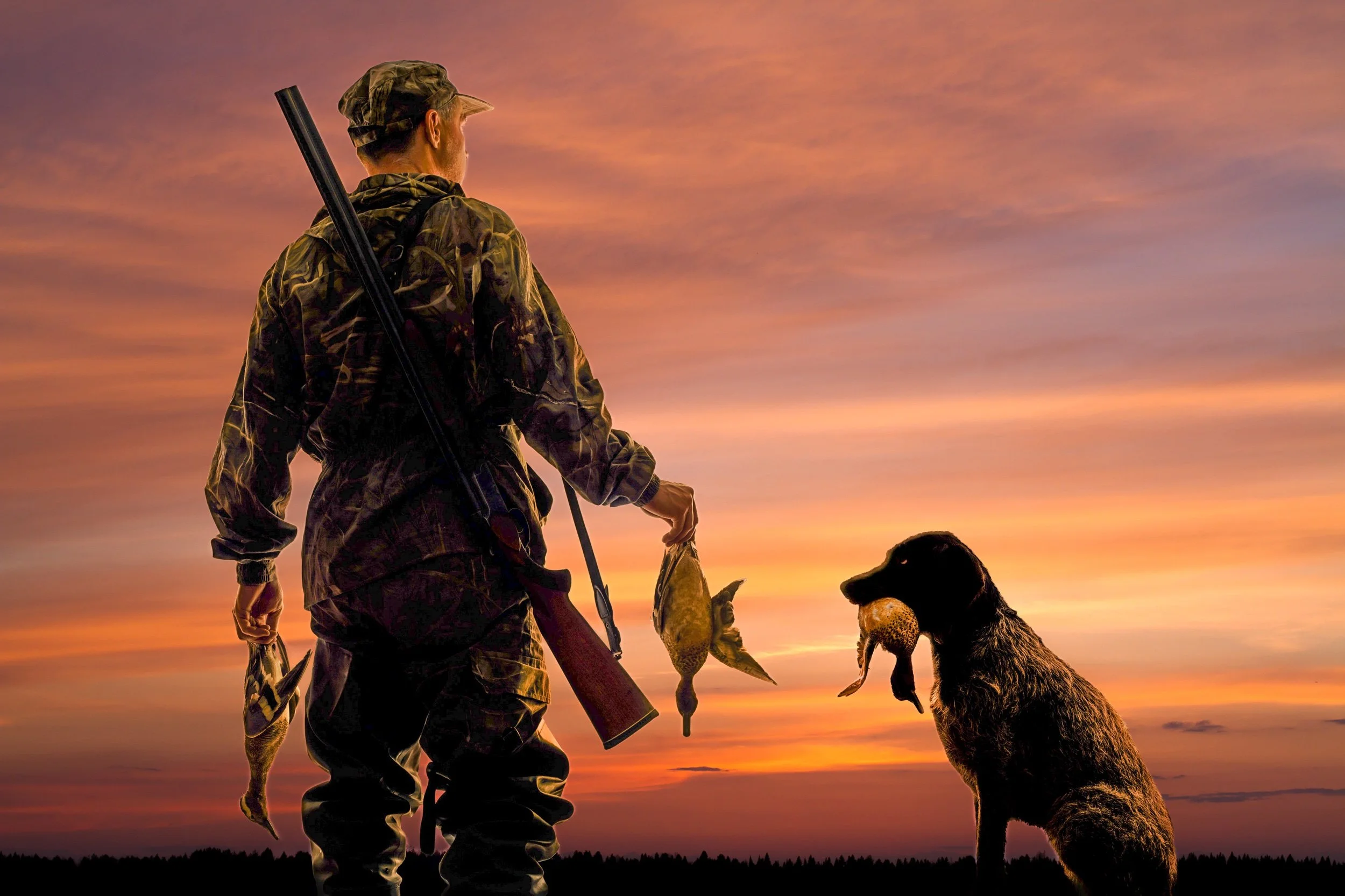Steadiness is an essential attribute for any hunting dog, providing the foundation for disciplined behavior in the midst of hunting excursions. It ensures that the dog remains composed, attentive, and obedient, regardless of the distractions or temptations that arise in the natural environment. A dog that embodies steadiness is one that will not impulsively pursue game or disrupt the hunt, thereby maintaining the integrity of the hunting experience and safeguarding all involved from potential hazards. In this article, I will teach you the process of instilling steadiness in your hunting dog, offering strategies that are effective across various breeds and types of hunting.
Training the Hunting Dog
The journey of training a hunting dog is as rewarding as it is challenging. It involves a commitment to ongoing education for the handler and a dedication to the well-being and development of the dog. Handlers must be attuned to their dog's body language and emotional state, ensuring that the training process is a positive and enjoyable experience for the animal. This approach not only fosters a more willing and eager hunting partner but also ensures that the dog's welfare is always a top priority.
By prioritizing the relationship with the dog and utilizing science-based training techniques, a handler sets the stage for a successful and fulfilling hunting experience. With this foundation in place, let's delve into the specific behaviors and skills necessary for a hunting dog to assist its handler effectively in the field.
Chronic Anxiety in Hunting Dogs: The Impact of Aversive Training on Genetics
Hunting dogs have been part of human culture for centuries, helping us track game and retrieve prey. However, over the years, most hunting dogs have developed chronic anxiety and stress due to decades of aversive training methods. Still today hunting dog training relies heavily on aversive techniques such as physical punishments, choke chains, and electric collars. The overarching goal was to establish dominance and submission. While these methods might have produced results in terms of immediate obedience, they often resulted in adverse consequences for dogs, including fear, anxiety, and diminished trust in their handlers. Moreover, such methods may have unintended negative effects on the overall well-being and performance of hunting dogs. In this article I explain the detrimental effects of aversive training on hunting dogs, the resulting chronic anxiety and stress, and how it may have influenced the genetics of certain breeds.







